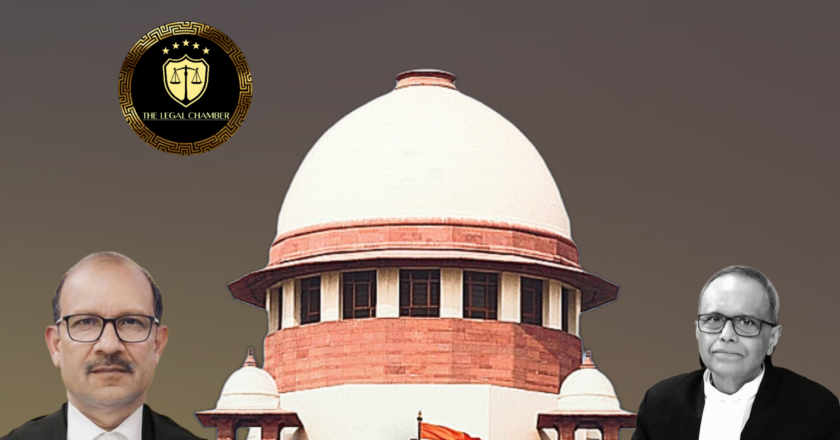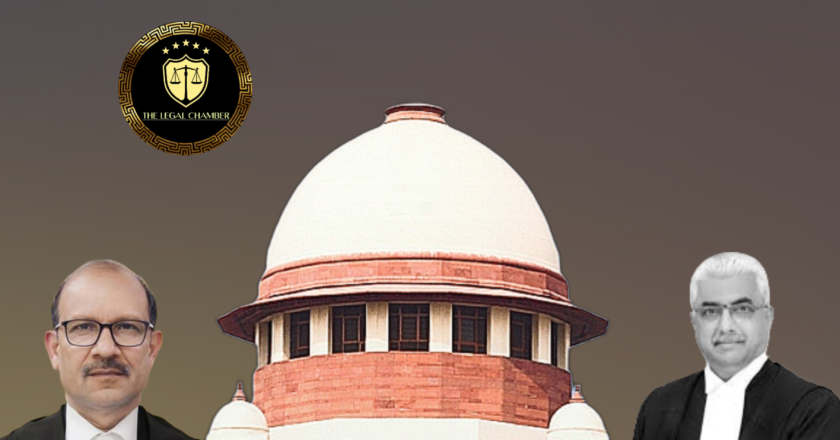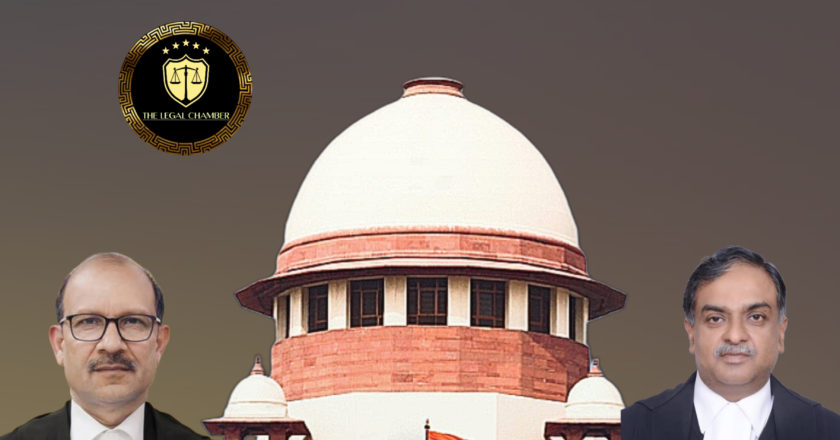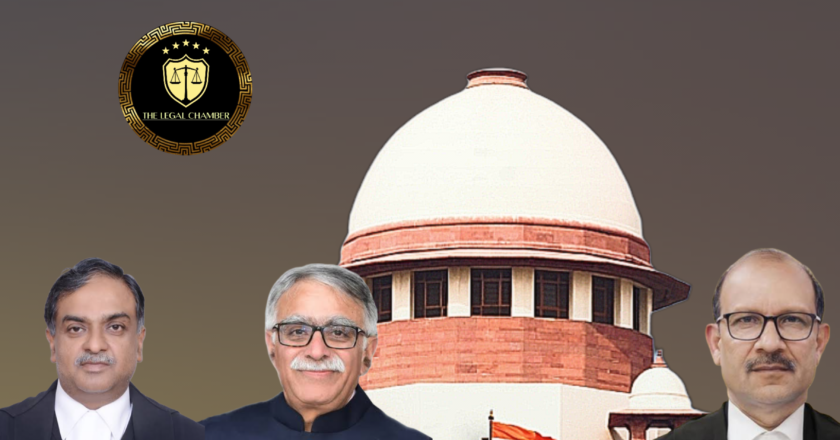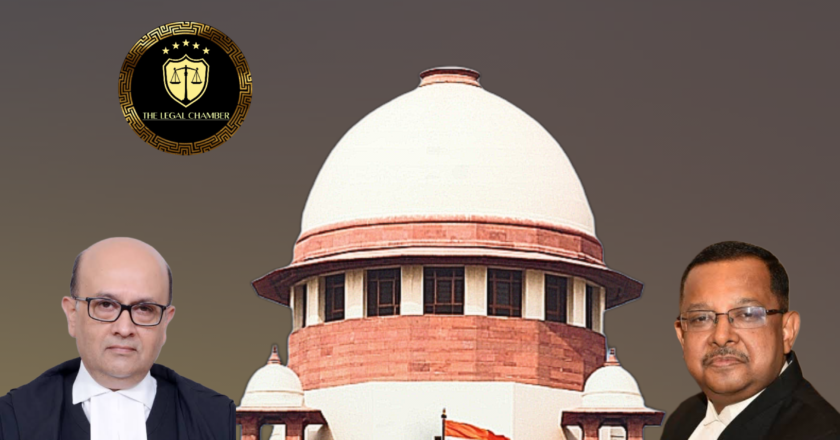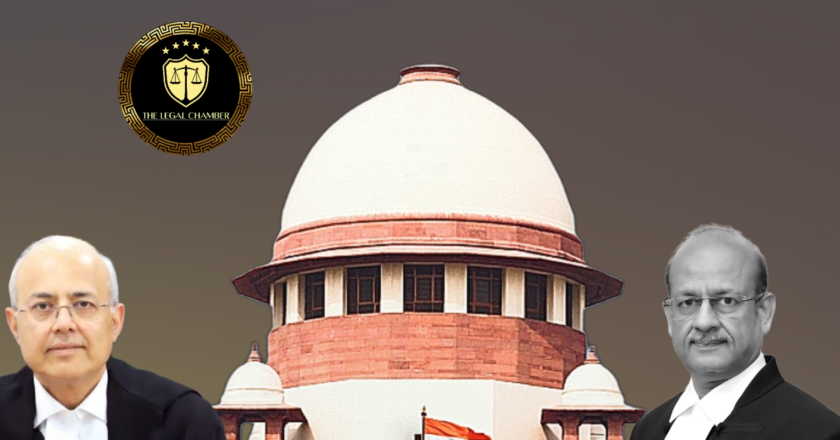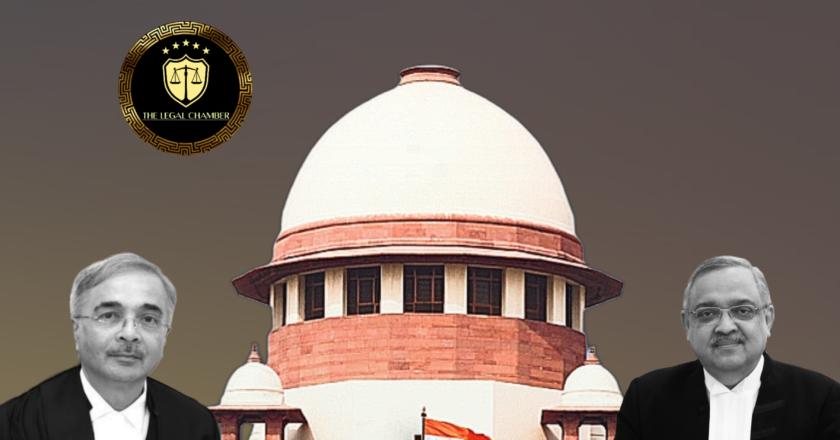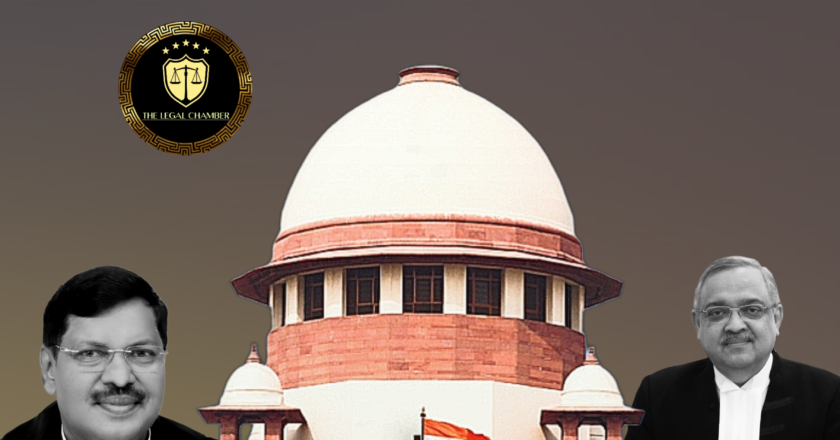How a Missing TIP and a Delayed FIR Led to Acquittal: Breaking Down a Supreme Court Judgment
The Supreme Court acquitted the accused, ruling the prosecution failed to establish a complete chain of circumstantial evidence. The Court found the testimonies of key witnesses unreliable, the "last seen" theory inapplicable due to a long time gap, and the absence of a Test Identification Parade for strangers fatal to the case, creating reasonable doubt.
Facts Of The Case:
The case concerns the tragic death of ten-year-old Muntiyaz Ali, who went missing on the morning of June 5, 2007, after going to his family's mango orchard. His father, Nanhe Khan, discovered the boy's lifeless body the next morning near a pit on their land. The body was found with a rope around its neck, hands tied behind the back, and a blood-stained axe lying nearby. Khan filed a police report suspecting six ...

